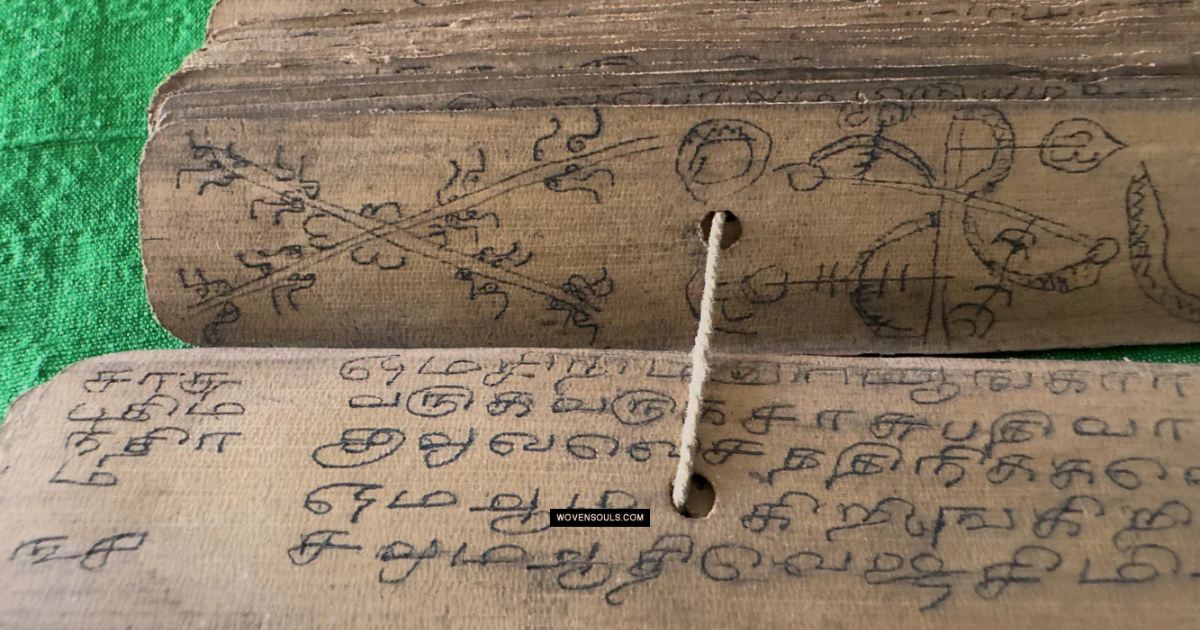India Champions Traditional Medicine at World Health Assembly
WHO Global Traditional Medicine Strategy 2025–2034

At the 78th World Health Assembly, held this week in Geneva under the theme “One World for Health,” India took a leading role in promoting traditional medicine as an essential part of global healthcare. Representing India, Shri Arindam Bagchi, Permanent Representative to the United Nations in Geneva, reaffirmed India’s deep commitment to integrating traditional medicine systems like Ayurveda, Yoga, Unani, Siddha, and others into both national and global health frameworks.
India welcomed the adoption of the WHO Global Traditional Medicine Strategy 2025–2034, highlighting the importance of blending age-old knowledge with modern evidence-based practices. “India’s experience with traditional healing systems offers a practical and time-tested model for the world,” Shri Bagchi emphasized during his address.
One of the key announcements at the Assembly was the signing of a Memorandum of Understanding (MoU) between India’s Ministry of Ayush and the World Health Organization (WHO). The agreement focuses on integrating traditional medicine into the International Classification of Health Interventions, enabling the global standardization and recognition of therapies from Ayurveda, Unani, Siddha, and other practices.
Further strengthening its support, India pledged USD 85 million over 10 years to back the programming of the WHO Global Traditional Medicine Centre in Jamnagar, Gujarat. This investment will bolster research, data collection, and the development of evidence-based policies, ensuring that traditional medical practices are safe, effective, and widely accessible.
The WHO Director-General also praised India’s efforts, referring to the Global Traditional Medicine Centre as a milestone in bridging ancient practices with modern health systems.
With these initiatives, India is not just promoting its cultural heritage but is also leading a global movement to make healthcare more inclusive, sustainable, and holistic. By blending science with tradition, the world may well be moving toward a future where age-old wisdom is harmoniously integrated into modern healthcare for the benefit of all.
